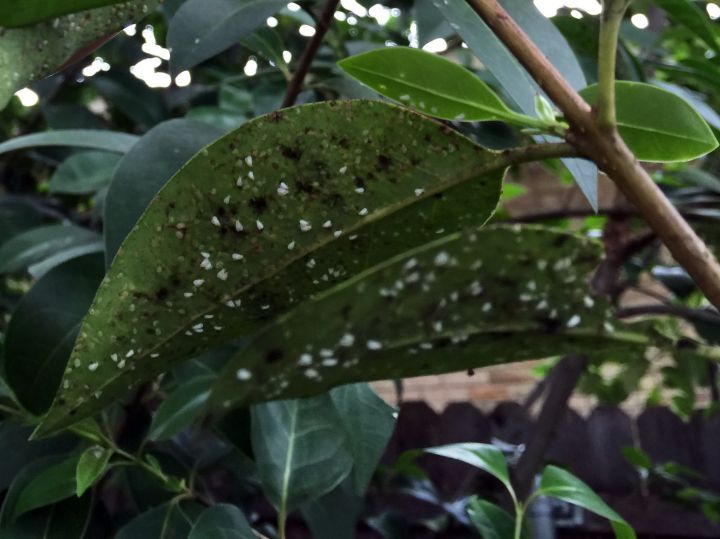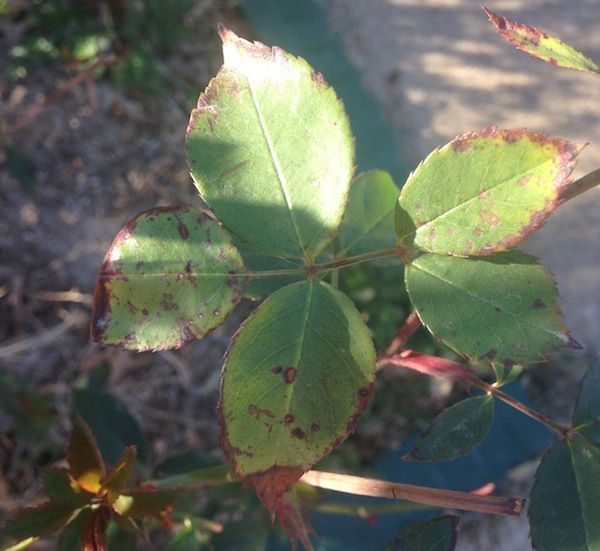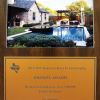Winter Pest Control Tips for Your Landscape
December 11, 2018 | By webadmin
As we move into the winter season, you may think there isn’t much you can do in your landscape to prepare for spring. But, winter is often the best time to treat certain pesky landscape pests - before their populations explode in spring.
Our winter temperatures are pretty mild compared to most of the country. That means insects can overwinter in the cracks of bark and on branches of trees and shrubs. An insect that would normally freeze to death in a more northern climate, is right at home in Texas. Insects such as scale, aphids, mealybugs, mites, leafhoppers, leafrollers and destructive tent caterpillars overwinter and multiply while we are cozied up indoors.
What can I do?
We recommend applying horticultural oils in mid- to late-winter when certain insects, such as scale, are on the move and multiplying. It’s easier to kill the juvenile insects than it is the tougher adults.
Ideal temperatures for application are between 40 and 70 degrees F, with the day time temperature that stays above 50F for at least a day. We also need low-wind conditions to spray. If it’s too cold or freezing, the oil won’t be as effective (or work at all). If temperatures are too hot and there is direct sunlight, you can burn and damage the plant. Horticultural oil applications should thoroughly coat branches and trunks as insects reside in crevices and underneath branches and leaves.

Be sure to treat the undersides of leaves where pesky insects reside.
Once the oil dries, it is no longer effective in controlling insects. Therefore, multiple applications may be necessary for best results. Of course, label directions should always be followed as horticultural oils are not recommended for use on certain plants such as Japanese maple and blue junipers.
What IS horticultural oil?
Horticultural oils are a natural and ecologically friendly way to control insects in your landscape. They are made by either refining petroleum oils to remove the harmful bits or some are made of plant extracts such as neem, cottonseed, or soybean oil.
Simply put, horticultural oils kill insects by suffocating them. The oil clogs the holes from which they breathe (called spiracles). They also suffocate any eggs. Oils are an especially effective way to control the difficult to kill scale and mealybug insects.

Bonus: horticultural oils even help to mitigate and control some fungal diseases, like powdery mildew or black spot on roses.
Horticultural oils are not harmful to wildlife and reptiles – so you can feel safe applying around animals and pets. We do recommend covering any ponds containing fish during application, as oils are toxic to fish.
Not a DIYer?
We totally understand, even with a natural product, spraying can be a bit scary. We will gladly add applications of horticultural oil into your year-round maintenance plan. This way, we are able to scout for problem insects and apply the spray at precisely the right time – all leading to best results come spring.
